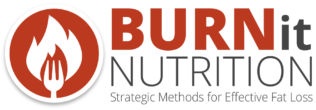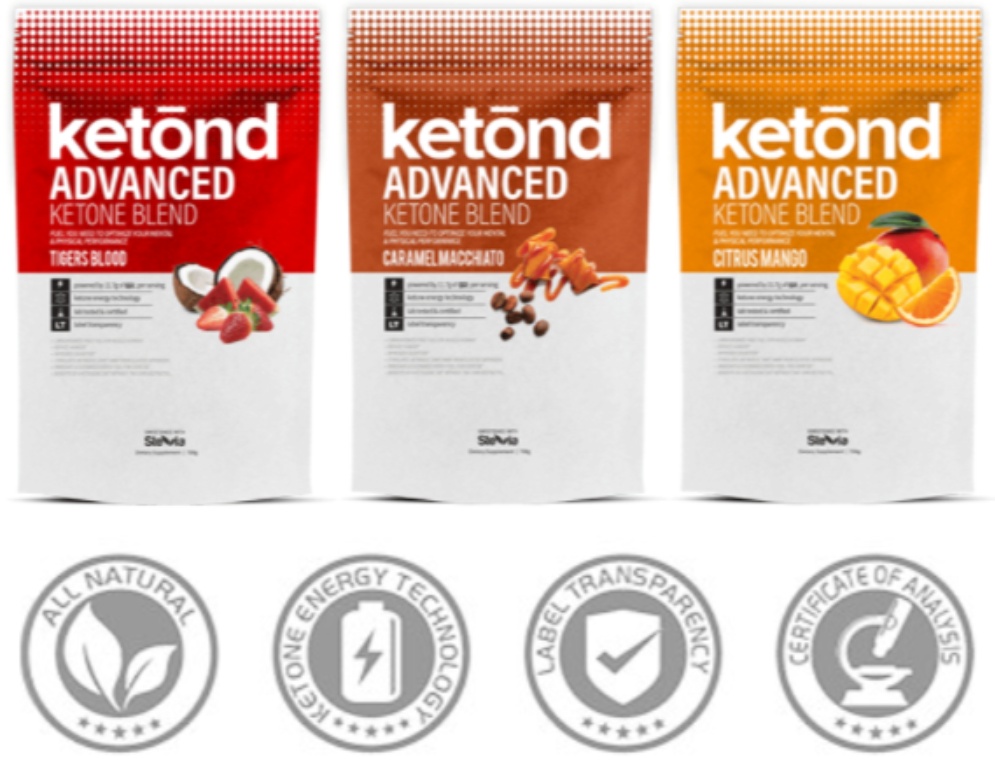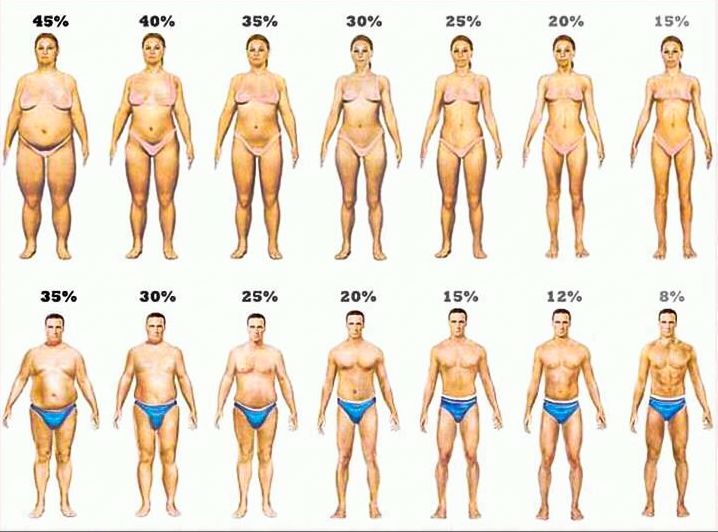
Burn It Nutrition Podcast
How do I know I am Keto-Adapted?
Chasing Ketones | Testing for Ketosis & Fat-Adaption
Show notes for Episode #30
We cover the question everyone eventually has when going keto and that is “How do I know I am in ketosis?” As well as the other more important question, “How do I know I am keto-adapted also called fat adapted?” Towards the end of the show, we will cover the clues our body gives us when fat adapted. We also cover the obsession with chasing ketones and how that may not be the goal we should be focusing on.
This episode will give you a better understanding of what it means to be fat adapted and the best options to test for it!
I hope you enjoy the show!!
The Burn it Nutrition Podcast is a show focused on health and fitness with the use of sound and stories to help illustrate the message. We want to help spark body transformations with the use of strategic methods for weight loss. This podcast will be releasing fun and interesting shows, that will be informative and motivational to help you reach your goals!
The show is hosted by Fitness & Nutrition Coach Joseph Navarro, who went through his own transformation, Losing 60lbs of pure fat in 7 Months. Tune in and brace yourself for it’s time to let it Burn!!
Timed Stamp Show Notes
00:20= Intro
05:23 = Tracking Success
09:34 = The Difference between Ketosis & Keto Adapted
15:45 = Testing for Ketosis
25:10 = A story on why chasing Ketones is not Helpful
29:45 = Options for Testing if your Fat/Keto Adapted
36:14 = Clues our bodies shows that we are Fat/Keto Adapted
43:55 = Closing thoughts

Thanks for Listening!
I want to thank you for taking the time to listen to our podcast.
If you know of anyone who can benefit from hearing this podcast, then please share it. Share it by using our social media buttons for this episode. Be the one who helps spark a transformation in your family!
Also, please leave us a review on the iTunes Burn it Nutrition Podcast page!
Every review helps us get noticed by iTunes so that we can help more people reach their health and weight loss goals. I would be truly grateful for this, and I do make sure to read every single one.
If you have some feedback that you’d like to share, then please send me an email to info@BurnitNutrition.com and we will get back to you as soon as we can.
Also, don’t forget to subscribe to the podcast, so you don’t miss another episode!
Resources & References for this Episode:
-

-
-
-
- Learn more about Levl Ketone Breath Analyzer at www.Levlnow.com use code “burnitnutrition” for $25 dollar discount
-
-
-
To learn more about Personal Coaching with Joseph Navarro, Certified in Sports Nutrition & Founder of Burn it Nutrition send an email to Info@BurnitNutrition.com
-
-
-
-
- Learn more about UCAN Superstarch at www.GenerationUCAN.com use code “BURNIT” for 15% off discount!
- Learn more about Exogenous Ketones by Ketond at www.ketond.com use code “BURNIT” for a discount!
-
-
-
- Visit Site with keto and paleo friendly doctors at https://ketogenic.com/tools/keto-clinicians-finder/
- Notice of Sponsorship & Affiliate Disclosure with Levl, Ketond & Generation UCAN
- Anderson, Joseph C. “Measuring Breath Acetone for Monitoring Fat Loss: Review.” Obesity (Silver Spring, Md.) 23.12 (2015): 2327–2334. PMC. Web. 13 Feb. 2018.
- Phinney, S. D., Bistrian, B. R., Evans, W. J., Gervino, E., & Blackburn, G. L. (1983). The human metabolic response to chronic ketosis without caloric restriction: preservation of submaximal exercise capability with reduced carbohydrate oxidation. Metabolism, 32(8), 769-776.
- Volek, J. S., Freidenreich, D. J., Saenz, C., Kunces, L. J., Creighton, B. C., Bartley, J. M., … & Lee, E. C. (2016). Metabolic characteristics of keto-adapted ultra-endurance runners. Metabolism, 65(3), 100-110.
- Leino, R. L., Gerhart, D. Z., Duelli, R., Enerson, B. E., & Drewes, L. R. (2001). Diet-induced ketosis increases monocarboxylate transporter (MCT1) levels in rat brain.Neurochemistry international, 38(6), 519-527.
- Westman, E. C., Yancy, W. S., Edman, J. S., Tomlin, K. F., & Perkins, C. E. (2002). Effect of 6-month adherence to a very low carbohydrate diet program. The American journal of medicine, 113(1), 30-36.
-
-
-
-



